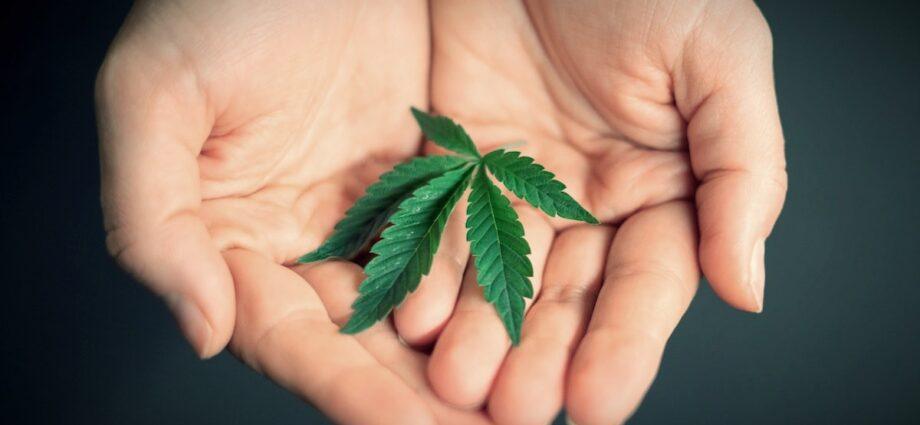Introduction
In the game of slots, for instance, at play at https://money-train-2.com/, one key lesson gamblers learn is that a coin has two sides; good luck and misfortune. Such is the case with cannabis.
Cannabis has existed for thousands of years. Cannabis compounds were used to cure diseases in places like India, where they originated. Although the FDA has not approved the use of cannabis as safe or effective in treating ailments,
Research has shown how potent cannabinol, a constituent of cannabis, is in curing diseases. For example, just a few years back, cannabinol was verified to cure epilepsy completely.
There is a tug of war between the belief in the therapeutic effect of cannabis and enough scientific results that verify these facts. And what’s worse is that the drive towards legalization and professional practice has only made the tension worse.
Does cannabis have healing powers? Do they cure some types of disease, and if they do? Why haven’t they been legalized?
Well, in the US, 29 states, including the District of Columbia, have legalized the use of cannabis for medical purposes. In other states, it is legalized for recreational activity.
A trusted source provided some statistical data on cannabis research in the USA that might surprise you- the usage of cannabis in the United States is increasing daily.
Further probing showed that the increasing use of cannabis was not due to the fact that it was legalized in some states but due to emerging health needs.
Benefits of Cannabis
So it is clear that cannabis is therapeutic, but why is it not fully legalized yet? Or perhaps, there are other wrong sides of cannabis we are yet to discover? For example, what kinds of diseases does cannabis treat?
Chronic Pain
In 2021, the National Academies of Sciences, Engineering, and Medicine scrutinized thousands of journals on the health benefits of cannabis.
One of the vastly researched areas was the use of cannabis in relieving chronic pain. Chronic pain is one of the ailments faced by many across the globe. In the US alone, over 25 million people suffer from chronic pain.
Cannabis products or compounds combine with receptors in the brain to alleviate chronic pain.
Alcoholism and drug addiction
As much as cannabis has pain-relieving effects, it has some mind properties. One solid piece of evidence came from the Journal Clinical Psychology Review that cannabis helps in fighting addiction, especially in alcohol addicts.
However funny, there seems to be research that counters this idea. For example, the National Academies of Sciences proved that cannabis could become an addiction or increase the chances of abusing other substances.
When cannabis becomes an addiction, there could be a problem. Using cannabis compounds could become an addiction in itself due to the pleasure gotten from it.
Epilepsy
Midway through 2018, the FDA approved cannabinol, a cannabis compound, to be effective in treating two severe types of epilepsy.
The cannabis drug in particular- Epidiolex, is used to cure Lennox-Gastaut syndrome and Dravet syndrome, two types of common epilepsy diseases. However, the drug was completely ineffective when tested against other illnesses.
Another study discovered that CBD helps children with Dravet Syndrome experience fewer seizures compared to placebo.
Depression and Trauma
There is evidence that cannabis is used to relieve people of depression and stress resulting from post-traumatic disorder problems.
Another experiment was carried out on patients with bipolar and psychosis, but it was concluded that cannabis could not effectively treat these diseases.
However, there are clues that cannabis works very well with social anxiety problems, providing significant mind-relieving effects. However
Once again, the National Academies of Sciences provided some counterintuitive research that suggests that regular cannabis users risk catching social anxiety.
Cancer
Chemotherapy is a type of treatment for cancer; however, it has some complicated effects, such as nausea and vomiting.
Research shows that these chemotherapy side effects can once again be treated by cannabis.
Furthermore, many believe that some cannabis compounds on their own have the potential to slow the growth of cancerous cells in the body.
From our discussions, cannabinol or cannabis compounds truly have therapeutic effects. However, there could be some side effects if not used rightly or professionally, plus continued usage could make cannabis compounds an addiction.
Another fact is that while cannabis has therapeutic effects, the puzzle isn’t perfectly solved yet as more and more research is ongoing to comprehend this compound’s therapeutic benefits fully.
